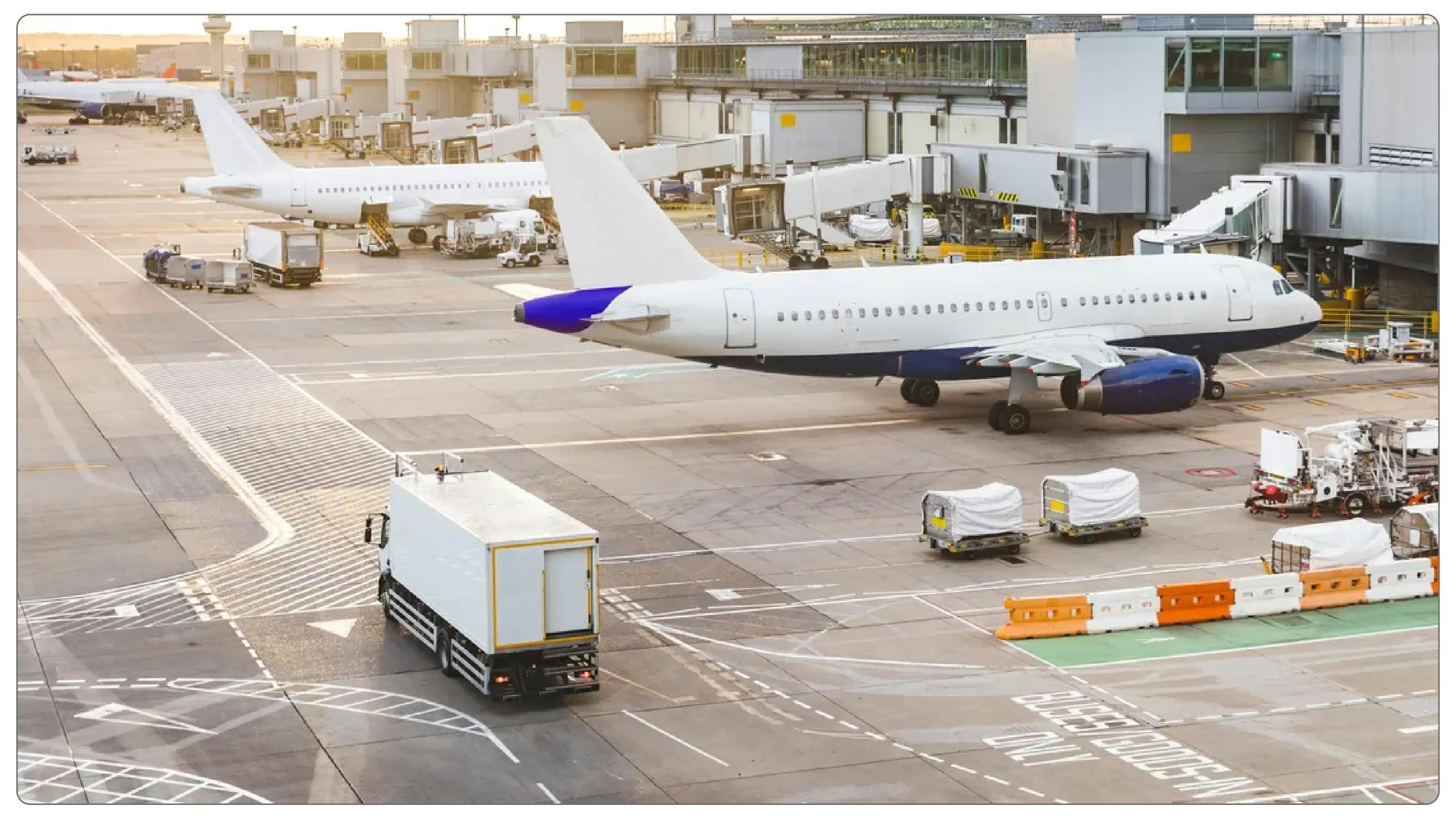AeroGenie — Your Intelligent Copilot.
Trending
Categories
Google Flights AI Tool Makes Travel Smarter and Cheaper

Google Flights Introduces AI Tool to Revolutionize Air Travel Booking
Google Flights has launched a new artificial intelligence-powered feature aimed at transforming the way travelers book air tickets by making the process smarter, more affordable, and less stressful. Utilizing advanced predictive analytics alongside extensive historical flight data and price trends, the tool provides users with guidance on the optimal time to purchase tickets. This innovation seeks to maximize savings while reducing the uncertainty that often accompanies airfare decisions.
Enhancing Transparency and Consumer Control
Traditionally, travelers have depended on trial and error or exhaustive searches across multiple booking platforms to secure the best deals. Google’s AI tool disrupts this approach by functioning as a personal airfare strategist. It analyzes market conditions to recommend the most advantageous booking windows, delivering clear and actionable advice that enables users to book confidently and avoid overpaying. This development not only streamlines the travel planning experience but also introduces a new level of transparency to airfare pricing.
Industry experts highlight that by making previously inaccessible pricing data available, Google empowers consumers and exerts pressure on airlines to maintain competitive fares. This increased transparency could fundamentally reshape the relationship between travelers and the airfare market, granting consumers unprecedented control over their travel budgets.
Market Reactions and Regulatory Concerns
Google’s expanding role in travel discovery, particularly as it explores extending its AI capabilities to vacation packages, hotel bookings, and real-time rebooking, has attracted regulatory scrutiny. Antitrust concerns are intensifying, with questions arising about whether Google’s growing dominance might stifle competition and limit consumer choice within the travel technology sector.
Competitors such as Expedia, Kayak, and Hopper are responding by enhancing their own AI-driven tools and pursuing partnerships with technology firms to remain competitive. These companies are also increasing marketing efforts and advocating for greater transparency in data practices to differentiate their services and maintain customer trust. The broader industry is closely monitoring Google’s move, with some skepticism about whether this innovation will ultimately benefit travelers or consolidate excessive power within a single platform.
Implications for the Future of Travel Planning
The timing of Google’s AI rollout coincides with a resurgence in international travel and a rising consumer demand for affordability and flexibility. Analysts suggest that if Google expands its AI infrastructure beyond flights, it could evolve into a central platform for comprehensive travel planning—effectively becoming an “operating system” for the industry.
For travelers, this development signals the advent of a smarter, AI-driven era in which decision-making authority shifts from airlines and agencies to individuals. For the travel industry, it marks the beginning of a competitive race to innovate, with transparency, value, and fair competition emerging as key priorities in the next phase of travel technology.

Emirates Unveils Cabin Design for New Boeing 777X

Eighteen Years On, the Airbus A380 Remains Central to a $34 Billion Airline

How a boom in luxury airline seats is slowing down jet deliveries

Navitaire Outage Attributed to Planned Maintenance

DigiYatra Debuts Outside Aviation at India AI Impact Summit

Vietnam Orders Strengthen Boeing’s Commercial Outlook

Airbus Signals Uncertainty Over Future A400M Orders

JobsOhio Awards $2 Million Grant to Hartzell Propeller for Innovation Center

Collins Aerospace Tests Sidekick Autonomy Software on YFQ-42A for U.S. Air Force CCA Program

How the Airbus A350-1000 Compares to the Boeing 777
